The Great Depression Wasn’t the First and Only One…
Our country has survived more than a few recessions and depressions in its history. As early as 1797 our country suffered the first land speculation bubble and burst. Sound familiar? And there were other disastrous depressions before the Great Depression of 1920-1941. There were four during the 1800’s. I’m not even factoring in the Recessions later in the 1900’s. Just because you haven’t personally experienced one doesn’t mean it can never happen.
 If you study economics, or simply keep track of what is happening to the national and global economy right now, you know we are in a perilous position. If you believe the media hype that “everything is getting better” then stick you head back in the sand at your own peril. Now don’t get me wrong…I’m not prophesizing about what exactly is going to happen next. I don’t think anyone can at this point. And it would take an entire separate blog to discuss our out-of-control national debt, how Wall Street is being manipulated and the Federal Reserve holds the purse strings. I’m guessing a large part of our population is under the false illusion that the government owns the Federal Reserve. But that takes us down another rabbit hole…
If you study economics, or simply keep track of what is happening to the national and global economy right now, you know we are in a perilous position. If you believe the media hype that “everything is getting better” then stick you head back in the sand at your own peril. Now don’t get me wrong…I’m not prophesizing about what exactly is going to happen next. I don’t think anyone can at this point. And it would take an entire separate blog to discuss our out-of-control national debt, how Wall Street is being manipulated and the Federal Reserve holds the purse strings. I’m guessing a large part of our population is under the false illusion that the government owns the Federal Reserve. But that takes us down another rabbit hole…
My point today is that there is a real possibility that things could get tough in the near future. Whether it comes in the form of high inflation, a recession, a depression, or a complete national and/or global economic collapse–we would still be faced with a time of hardship—perhaps severe hardship. I remember the lasting effect the Great Depression had on my grandparents. They never stopped being frugal with money or supplies, even after the economy rebounded. But they had a secret weapon many people don’t have today…
In the Past People had a Different Skill Set than Today
In the past, our ancestors knew how to survive without the modern conveniences we take for granted today. Even my grandparents lived during a time when food was kept cold in an ice box. Yes, a box that held a block of ice. There weren’t refrigerators until later in their life. And they knew how to stretch every hard-earned dollar. They knew how to sew and cook and grow food. They knew how to fish and hunt. We live in a vastly different world now.
Before I even became a self-reliance enthusiast, I strove to learn the skills that my ancestors knew. Instincts told me they were important not to lose. I believe they could come in handy if we fall upon hard times. I would love nothing better than see our economy rebound. But common sense tells me to continue to prepare in case it does not happen. Could you survive?
Here’s a simple list to see where you fall on the self-reliance scale:
Basic Skills:
Do you know how to make coffee without your Keurig machine?
Do you have non-electric kitchen tools, like a hand held can-opener?
Do you know how to boil an egg?
Do you know how to fix a meal without pre-packaged or store canned foods?
Do you know how to cook on an outdoor grill?
Do you know how to sew on a button? Do you have needles and thread?
Do you have candles or flashlights for power outages?
Have you grown houseplants?
Do you have a basic First Aid kit in your home?
Do you know how to ride a bike?
Good Skills:
Do you know how to cook items like dried beans and rice?
Do you know how to prepare fresh vegetables?
Do you know how to cut up a whole chicken?
Can you make a no-recipe pot of soup or stew from what you have?
Do you have a well-stocked pantry?
Do you know how to repair a rip in clothing or fix a hem?
Do you have a well-stocked First Aid supply kit in your home?
Do you know how to build and maintain a fire?
Do you know how to use an oil lamp? A gas campstove?
Do you have extra water storage?
Have you grown plants outdoors?
Do you know how to use garden tools?
Advanced Skills:
Do you know how to purify water?
Do you know how to grow your own vegetables?
Do you know how to preserve produce using drying or canning methods?
Do you know how to preserve meat?
Do you know how to make and bake bread from scratch?
Do you know how to use a dutch oven over a fire or in charcoal?
Do you have a 3-6 months supply of food in your pantry + freeze-dried foods?
Do you know how to use a pattern and sew your own clothes?
Do you know how to make a quilt?
Do you have a fully prepared disaster/emergency kit in your home?
Do you know how to make a fire without matches?
Do you have back up energy resources, such as solar and gas generators?
Do you know CPR and basic first aid skills?
Do you, or someone in the home, know how to fish and hunt?
Even if you don’t use these skills daily, having the knowledge and experience of doing them could prove lifesaving. Besides the skills above, I recently learned how to make candles, and my own home cleaning products. Skills I still want to learn are: soap making and how to preserve meat without refrigeration. And I continually learn more about wild edibles. Our ancestors knew so much more than we do!


 Being outside in nature is the most basic part of who I am. Besides gaining knowledge about wildlife, I learn lessons about who I am, and surprise myself about what I am capable of achieving. Nature continually inspires me. It is a part of all my writings, no matter the genre or subject matter.
Being outside in nature is the most basic part of who I am. Besides gaining knowledge about wildlife, I learn lessons about who I am, and surprise myself about what I am capable of achieving. Nature continually inspires me. It is a part of all my writings, no matter the genre or subject matter. 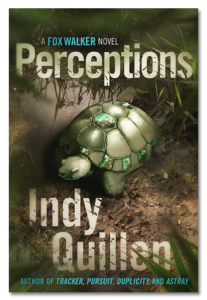
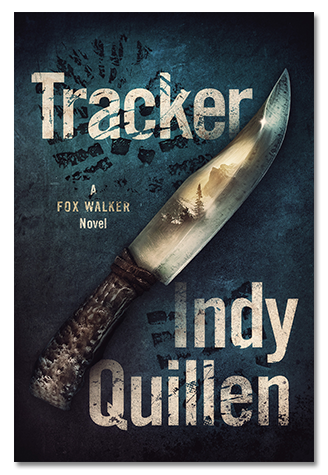
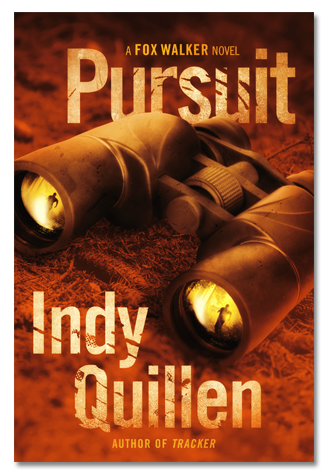
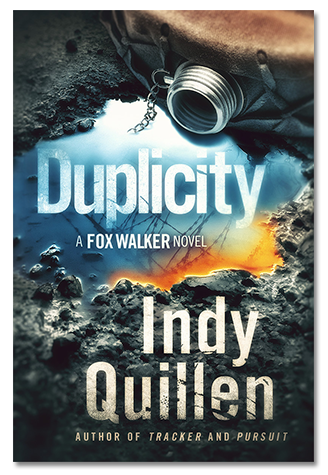
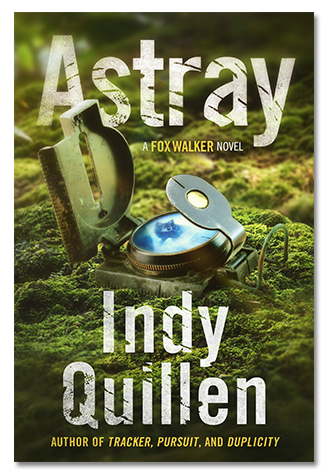
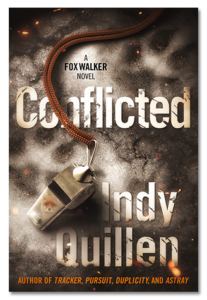
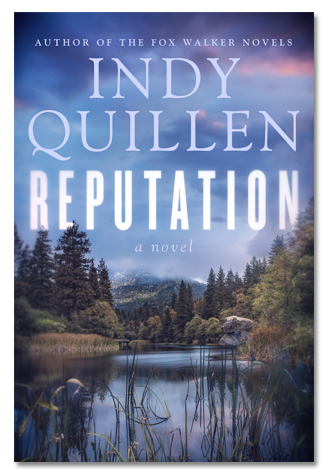
I’d be in big trouble!
Jill, at least you’ve been honest and admitted it! Now you can take some steps to make yourself better prepared, if you want. :0) That’s why I blog- to help people think about these possibilities and take action as they can…
I was talking with someone recently about survival preparedness and learned that egg cartons and Doritos work well to start fires. Of course, those items are more likely to be available for camping than for real survival:) I’m deplorably unprepared, but I do read your posts and have learned enough to have a well-stocked pantry and first aid kit and freeze dried food and extra water, lanterns, heater, etc….enough for maybe three weeks. After that, I’m sunk! Interesting post, Indy. Thanks for the share!
Sounds like you’ve done a lot, Suad! Kudos to you for taking those first steps and then expanding your knowledge and preparedness. You’d be surprised how much of the population only has enough food and water to last them about three days. So you are well ahead of most. Even FEMA recommends that households have enough for three weeks, as that is typically how long it takes for them to be able to travel, set-up, and be ready to assist people during disaster scenarios. Too many people think help will arrive within hours. And I don’t know about you, but the last place I want to be in an emergency is in a FEMA Camp. If you do want to expand your food storage in a small space, purchasing cans of freeze-dried food is a great way. They last for up to 20 years, so you aren’t having to rotate cans & boxes of food… see my post: Food Storage for Emergencies.
Hi Indy, well its looks as if Richard and I are well prepared. We can do everything on the list plus we have all the stuff.
Growing up with very little has prepared us. There is a silver lining in everything.
Thank you for your wonderful tips. I really enjoy them, and I learn things from you all the time.
Thank you, Crystie for the kind words. You made my day! And Congrats on you and Richard being well prepared – that is great news! Isn’t it interesting that we both had a time in our lives when we had very little, yet we see it as a silver lining because it helped us learn to be prepared and taught us how to do without? While raising two boys in the country on a small income, I learned so much about re-purposing items that had lost their original use. Sometimes blessings come disguised, don’t they? :0)